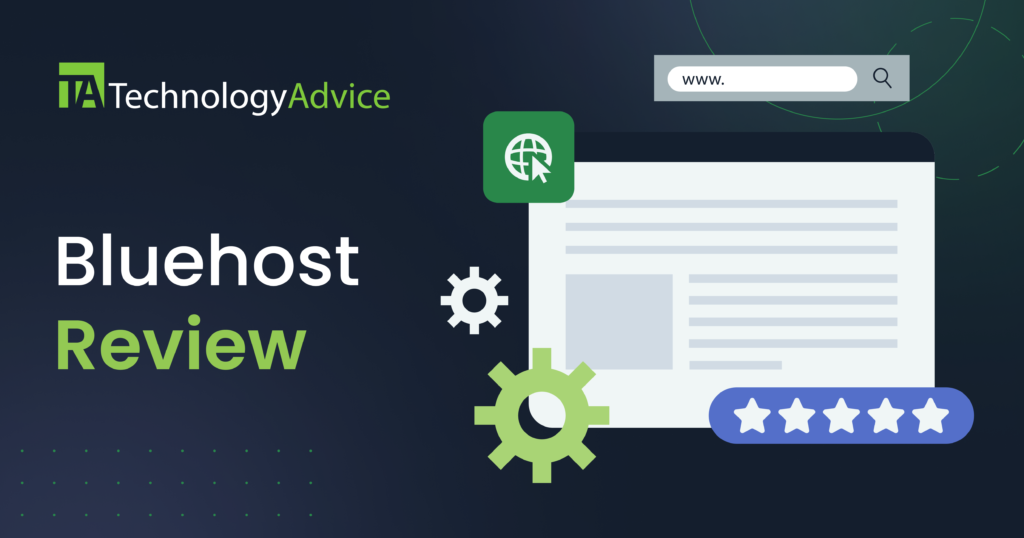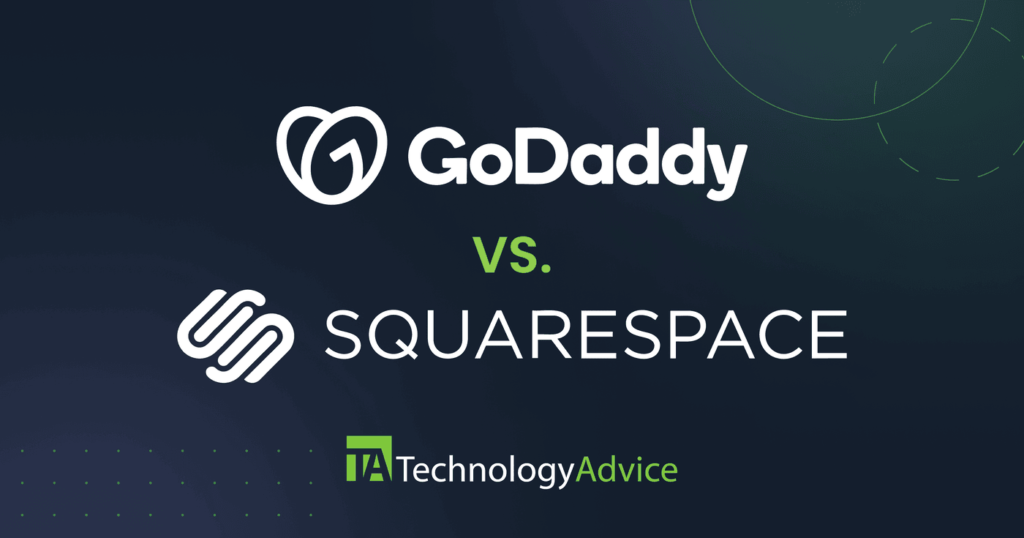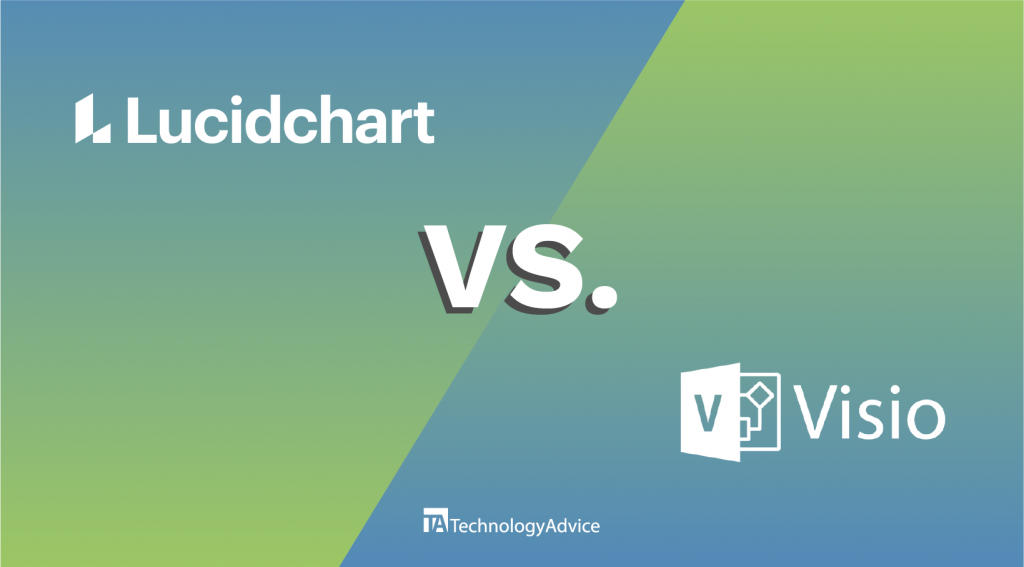Key takeaways
- Call masking hides the phone number of the caller and recipient from one another.
- Call masking ensures the privacy of both parties on a phone call.
- Caller ID masking ensures sensitive discussions remain private in industries requiring confidential conversations, such as healthcare or financial services.
What is call masking?
Call masking, or phone masking, is a telephony privacy and security feature used to protect the personal phone numbers of both callers and recipients during communication. Commonly employed by businesses, delivery services, and ride-sharing platforms, it ensures that neither party can view or access the other’s actual phone number. Instead, a temporary or virtual number is an intermediary, facilitating the call or message exchange.
This technology empowers businesses by enhancing privacy and preventing misuse of personal information, such as unwanted follow-up calls or spam. Call masking fosters trust by safeguarding customer and employee data, especially in industries like e-commerce, logistics, and customer service. It gives businesses a sense of control and confidence in their operations.
Call masking solutions, a key component in today’s digital landscape, work through cloud telephony (which can also be carried by VoIP) systems that dynamically generate and route calls via virtual numbers. Number masking’s implementation protects user identities and complies with data protection regulations, ensuring secure and confidential communication.
What are the benefits of caller ID masking?
Caller ID masking offers numerous advantages, particularly for businesses and individuals concerned with privacy and security. Below are some key benefits of masked calling:
Enhanced privacy protection
Caller ID masking safeguards personal phone numbers by displaying a virtual or temporary number during communication. This prevents misuse, such as spam calls or unauthorized contact.
Using caller ID masking, businesses reassure customers that their data is secure, fostering a sense of security and protection. This is especially crucial in e-commerce, delivery services, and ride-sharing industries, where customer trust is paramount.
Masking aligns with data privacy laws like GDPR or CCPA, ensuring sensitive customer information is not exposed or misused. This compliance brings a sense of security and peace to businesses and their customers.
Professionalism and brand integrity
Businesses can use standardized virtual numbers to project a professional image, improving customer experience while protecting employees’ IDs and contact details.
Secure communication channels
Caller ID masking ensures sensitive discussions remain private in industries requiring confidential conversations, such as healthcare or financial services.
Call masking significantly reduces the risk of harassment. Call masking solutions prevent inappropriate follow-ups or harassment by separating personal identities from professional interactions.
Caller ID masking protects privacy, enhances security, and builds personal and professional communication trust.
How does a business setup call masking?
Setting up phone number masking involves leveraging cloud telephony services or specialized communication platforms. Here’s how businesses can implement it:
- Choose a cloud telephony provider: Select a reliable service provider that offers several masking solutions. Popular options include RingCentral, Twilio, Plivo, and more.
- Integrate the API: The provider’s API (Application Programming Interface) integrates with the business’s existing system, such as a customer support or delivery platform.
- Generate virtual numbers: Virtual numbers are dynamically created and assigned to link callers and recipients. These numbers act as intermediaries, ensuring privacy for both parties.
- Enable routing: Calls and messages are routed through the platform using virtual numbers. The actual numbers remain hidden, and communication is seamlessly facilitated.
- Monitor and manage: Businesses can track masked communications through dashboards, ensuring smooth operation and compliance with data protection laws.
This setup helps protect customer and employee privacy while maintaining secure communication channels.
Call masking enterprise solutions to consider:
Businesses looking for call masking solutions can choose from several reliable VoIP platforms, including:
RingCentral — Best overall
RingCentral offers call masking as part of its comprehensive communication platform. It’s ideal for businesses seeking a unified voice, video, and messaging system with privacy features to protect caller identities. Its ease of use and scalability make it suitable for companies of all sizes.
Twilio — Best for customization
Twilio’s Programmable Voice API is highly customizable and supports dynamic number masking, making it perfect for businesses like ride-sharing and delivery services. Its flexibility allows integration into existing enterprise workflows.
Dialpad — Best on a budget
Dialpad offers an affordable solution with call masking alongside AI-driven capabilities like transcription and analytics. It’s particularly suited for businesses prioritizing mobile and multi-device use, offering integrations with tools like Salesforce and Zendesk.
Plivo — Best for simple API integrations
Plivo provides a cost-effective global call masking solution with simple API integration. It’s an excellent option for businesses managing large-scale operations.
Vonage (Nexmo) — Best for security
Vonage’s APIs are user-friendly and reliable. They offer strong support for secure, two-way communication, making it ideal for startups and mid-sized businesses.
These caller ID masking solutions ensure customer privacy, enhance communication security, and comply with data protection regulations, supporting trust and efficiency in professional interactions.
Masked calling mistakes to avoid
Call masking ensures privacy and professional communication, but several mistakes can compromise its effectiveness:
- Unreliable Caller ID Setup: Using invalid or unverified numbers can result in call blocking or regulatory penalties. Ensure numbers comply with local laws.
- Inconsistent Caller ID Display: Switching displayed numbers frequently can confuse recipients and reduce trust. Maintain consistency for branding and credibility.
- Improper Configuration: VoIP or CRM integration errors can disrupt workflows, causing calls to fail or display incorrect IDs.
- Ignoring Legal Compliance: Not adhering to laws like GDPR (EU) or TCPA when masking numbers can lead to fines. Stay updated on regulations for each region.
- Lack of Training: Employees unfamiliar with call masking features may need to learn to use the system, which could affect customer interactions and worker productivity.
- Overusing Call Masking: Excessive use can seem untrustworthy. Use masking judiciously to maintain transparency where necessary.
Addressing these pitfalls ensures effective and compliant call masking.
What are the security implications of phone masking?
Call masking can provide privacy, but it introduces several security risks:
Fraud and Scam Risks: Call masking can be exploited for malicious purposes, such as identity theft or phishing attacks. If a masked number mimics a trusted entity, it can deceive victims into disclosing sensitive information.
Regulatory Violations: Improper use of call masking, especially when numbers are not registered or verified, can violate regulations like the Telephone Consumer Protection Act (TCPA) in the U.S. or the GDPR in Europe, leading to significant fines.
Data Leaks: When poorly configured, call masking systems can inadvertently expose real phone numbers, compromising personal and business data.
Lack of Traceability: Masked calls may make tracking malicious activity challenging, making it harder for authorities to investigate potential fraud or harassment.
Frequently Asked Questions (FAQ) for call masking
Call masking is legal when used appropriately, for business purposes or customer support. However, it must comply with local regulations like the TCPA in the U.S. and GDPR in Europe.
Call masking uses VoIP technology to route calls through a third-party system, which alters the caller ID before it reaches the recipient.
No, the recipient will only see the masked number, not the actual number from which the call originated.
Yes, many services allow you to choose a specific number for masking, whether it’s local, toll-free, or a vanity number.
To mask a cellphone call, you can use several methods:
- Carrier Services: Many mobile carriers offer a “Caller ID Blocking” service. Dialing *67 before making a call will hide your number on the recipient’s display, showing “Blocked” or “Private” instead.
- Third-party Apps: Apps like Google Voice, Burner, or Hushed allow you to create a secondary, masked number for calls, preserving your privacy.
- VoIP Services: Services like Twilio or Grasshopper enable businesses and individuals to mask their numbers through VoIP technology, making calls appear from a chosen number.
Yes, anyone can mask their phone number using various methods, although legal and ethical guidelines must be followed. However, masking for deceptive purposes (e.g., fraud) is illegal in many regions, and violating telemarketing laws can lead to fines. It’s always wise to research and consult experts or legal counsel for any concerns or questions.
People mask their phone numbers for privacy, security, or professional reasons. For instance, individuals may mask their number to avoid revealing personal information when calling unknown recipients. Businesses often use call masking to display a company number instead of an employee’s, enhancing professionalism and protecting employee privacy.
Additionally, some use masked numbers to protect against harassment, screen calls, or make anonymous calls without disclosing their number.
An example of phone number masking is when a business uses a VoIP service like Google Voice or Grasshopper to display a company number instead of the employee’s phone number.
For instance, a customer may call a company’s support line, and instead of seeing an employee’s number or extension, they see a masked number such as 1-800-555-1234 on their caller ID. This protects the employee’s privacy while allowing the business to maintain professional communications.
Call masking works by altering the number on the recipient’s caller ID so that the caller’s number remains hidden. This is typically achieved through VoIP services or third-party apps that reroute the call through a system that changes the caller ID.
For example, when a business uses a service like Google Voice or Grasshopper, employees can call from their devices, but the business number appears instead of theirs. The masked number can be a local, toll-free, or custom vanity phone number.
This technology redirects calls through a network where the caller ID is modified before the call is completed, ensuring privacy and preventing the recipient from seeing the caller’s phone number.
A call masking option may be your enterprise’s communications solution to maintain privacy, employee safety, and customer trust and satisfaction.
Consider adding call masking to improve the enterprises’ operations, efficiency, profitability, and communications.





